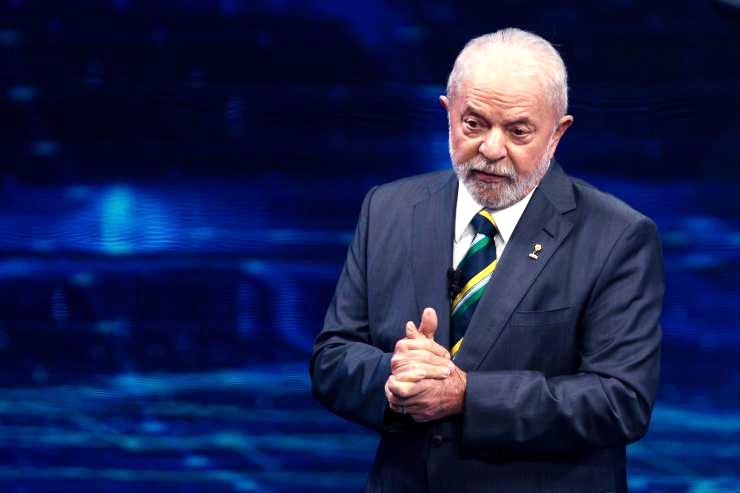Lula’s global strategy.

The G20 finance ministers will meet in Brazil on 16 and 17 August. The summit of the group’s presidents will take place in November. On these two occasions, Lula will present his ambitious plan to tax 3% of the income of the world’s 3,000 richest people.
Approval for this project will not come easy, but it will allow the Brazilian president and pro tempore president of the G20 to focus attention with a proposal that will certainly generate impact. His role as president pro tempore of the G20 is an opportunity that Lula is willing to exploit. He will also present peace projects for Ukraine and Gaza.
As for Ukraine, Lula had already presented a proposal together with China last June to create the conditions for a ceasefire that would allow an attempt at negotiation. Lula will inevitably be the most important representative of Latin America at the summit.
This time he will not confront Mexico, but he will do so with Argentina, and in particular with its president, Javier Milei. But he will do it without presenting it as a clash in an area where the Brazilian president, as president pro tempore, must maintain a balance.
Milei is starting to be an ideological rival to the Brazilian president globally. The Argentine president is betting decisively on the triumph of Donald Trump, the leader and representative of the radical right on the global front. For his part, Lula aligns himself with the Democratic candidate Kamala Harris.
So far there is little regional support for Milei but it is also clear that Latin America is not his priority. In his eight months in office, the Argentine president travelled five times to the United States, four times to Europe, once to Israel and once to Brazil. In the latter country it was not an official visit, but specifically to support an act of President Lula’s greatest opponent, Jair Bolsonaro.
On his return after one of his trips to the United States, he attended the inauguration of Salvadoran President Nayib Bukele. The two regional gestures clearly place Milei in his quest to be the leader in Latin America of the radical right.
Lula is the representative of the progressive line, but his leadership over the new Mexican president, Claudia Sheinbaum, over the Colombian president Gustavo Petro, and the Chilean Gabriel Boric is very weak. Countries with centre-right governments such as Ecuador, Paraguay and Uruguay have so far shown economic coincidences with Milei, but have ruled out political alignment.
The absence of Milei at the Mercosur Heads of Government Summit held on 10 July in Asuncion, Paraguay, ended up strengthening Lula’s role as regional leader. His absence was criticized by both the Brazilian president and the Uruguayan president, Luis Lacalle Pou.
There has been no final political declaration, nor has there been a joint reference in support of Argentina’s claim to the sovereignty of the Malvinas, an issue that has been present at a large majority of these Summits. The Argentine president was replaced by Chancellor Diana Mondino. The chancellor evaded signing the texts of commitment to gender diversity and the environment, a line imposed by Ursula Basset, the family law lawyer close to Milei’s sister, who has a leading role in the ideological line of the chancellor’s office.
The Argentine Foreign Minister did not even condemn the US embargo on Cuba, which was another constant in these meetings, nor did he join in supporting Luis Arce in the face of the attempted military coup that Bolivia suffered. July 18 marks the thirtieth anniversary of the terrorist attack on AMIA, but there were no references to the subject. Without the Argentine president, arguments against Latin American dictatorships in the region (Venezuela, Cuba and Nicaragua) have been weakened. (Brazil’s president Luiz Inácio Lula da Silva. Shutterstock/Isaac Fontana)
Rosendo Fraga/Nueva Mayoria



